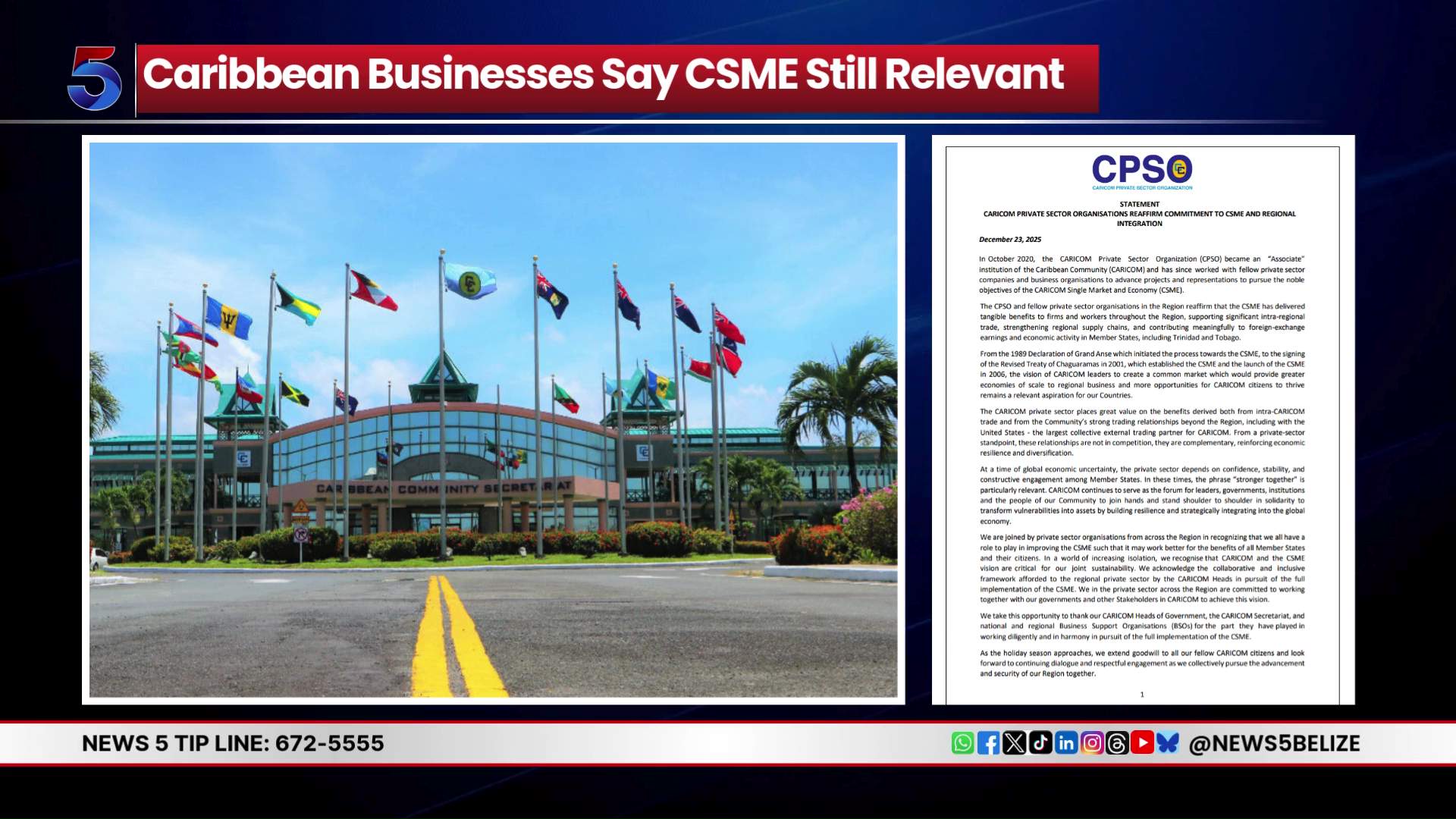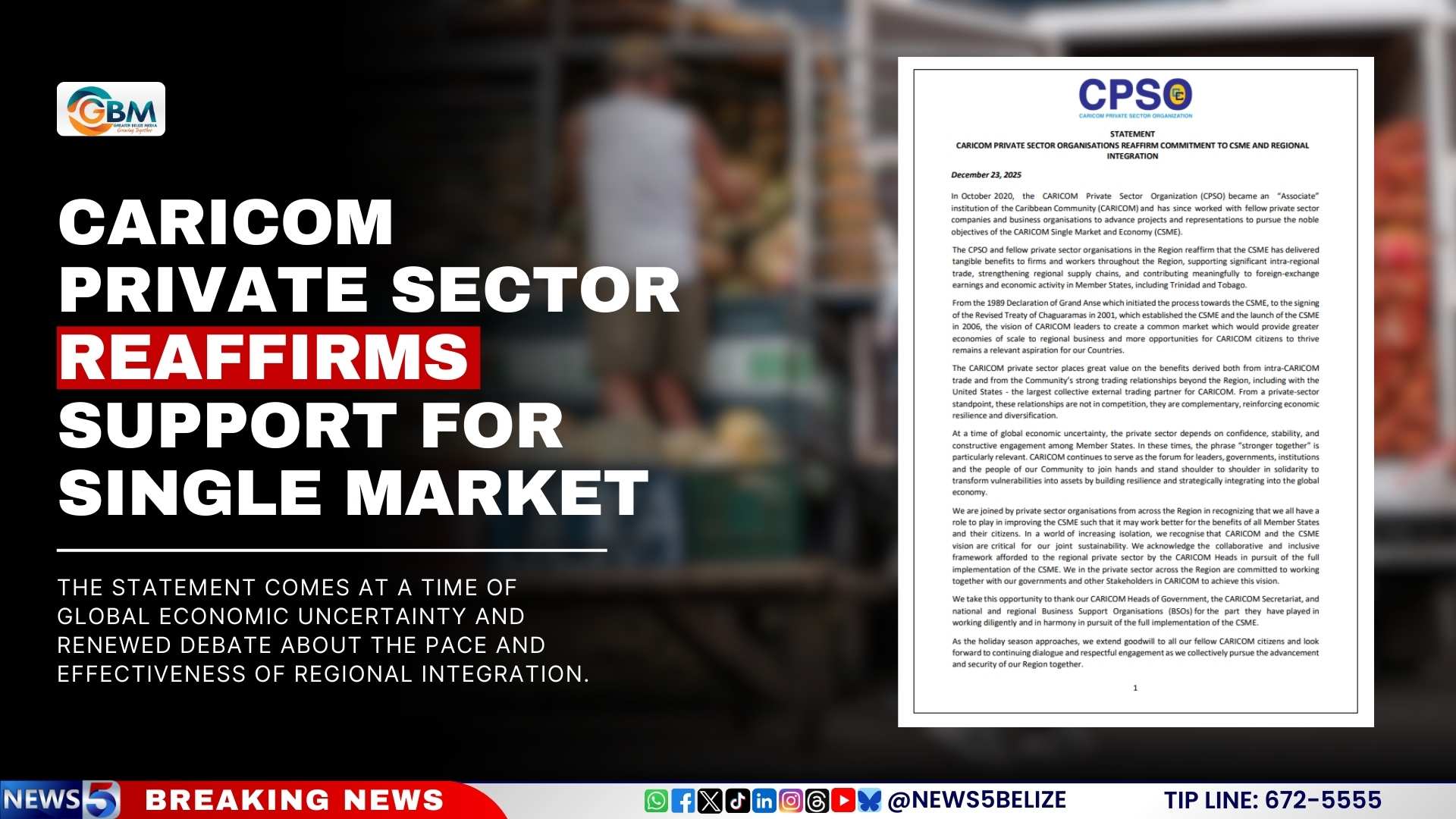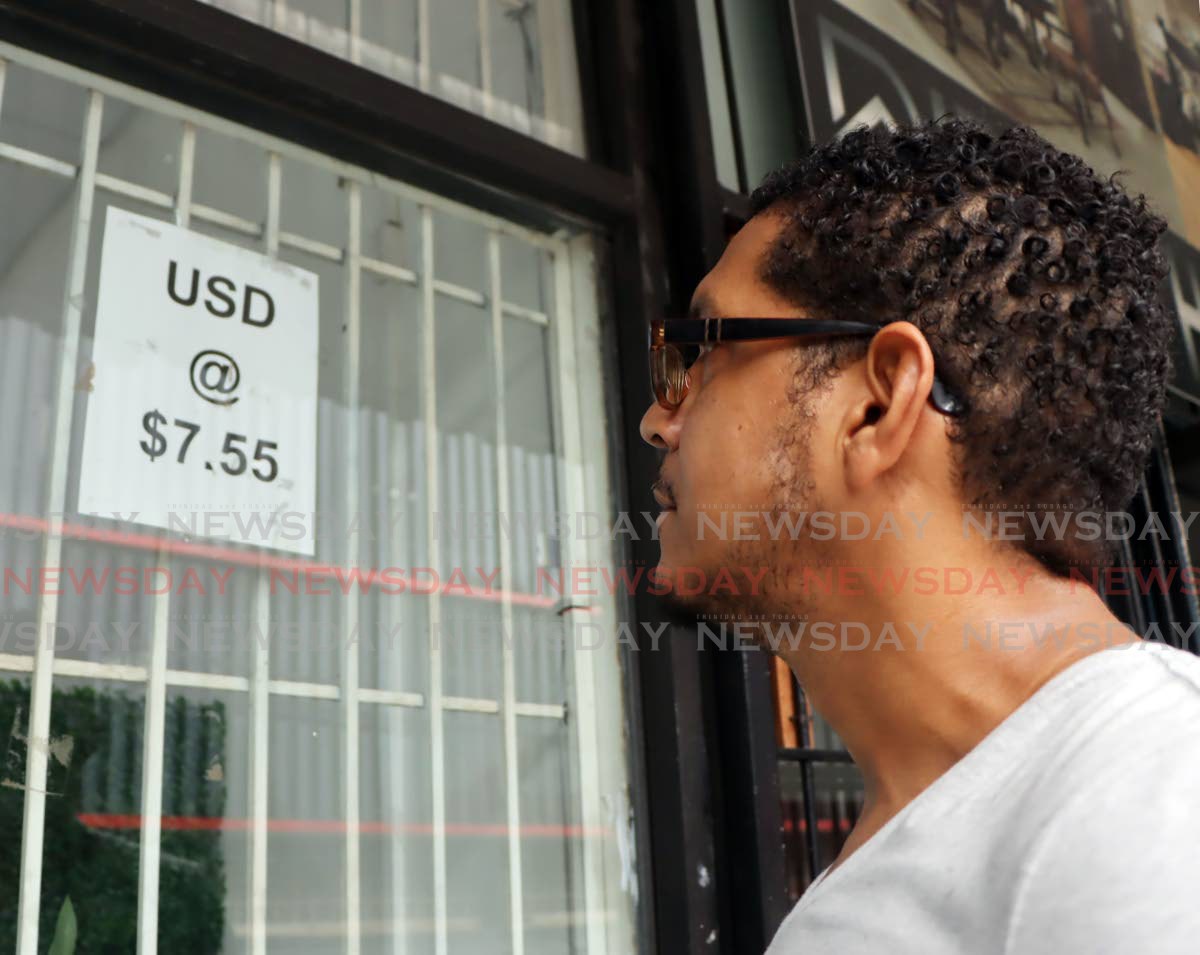In a landmark employment ruling, the High Court has delivered a complex judgment that simultaneously condemned both a medical company’s wrongful termination practices and its former director’s financial misconduct. Justice Jacqueline Wilson presided over the contentious case between The Surgical Specialist Centre Ltd and its ex-managing director Elizabeth Kelly, revealing a troubling pattern of informal financial management within the organization.
The court determined that while Kelly must reimburse $215,724.05 for unauthorized payments from company accounts, her 2022 dismissal was legally unjustified. The case emerged from the complete deterioration of both professional and personal relationships between Kelly and Dr. Alan de Freitas, fellow director and equal shareholder in the medical facility established in 2016.
Justice Wilson’s examination uncovered that the company’s financial operations lacked formal structure, with both principals routinely utilizing corporate funds for personal expenses without clear guidelines or consistent application. This informal approach to financial management ultimately undermined the company’s allegations of fiduciary breach against Kelly.
“Both parties have admitted to using company funds for personal expenses,” Justice Wilson noted in her judgment, emphasizing that the absence of defined financial protocols and employment contracts complicated the determination of contractual breaches.
The court awarded Kelly $120,000 in damages for wrongful termination—equivalent to six months’ salary—though this amount will be deducted from her required repayment to the company. Additionally, both parties were assigned reciprocal cost payments, with Kelly ordered to pay $41,358 in prescribed costs while the medical center must pay $27,000 toward her counterclaim.
Legal representation saw Naline Sharma and Andrea Goddard advocating for Surgical Specialist Ltd, while Jean Louis Kelly and Natalie King represented the former managing director. The case highlights the critical importance of establishing formal financial controls and employment agreements within corporate structures, particularly when personal relationships intersect with business operations.









